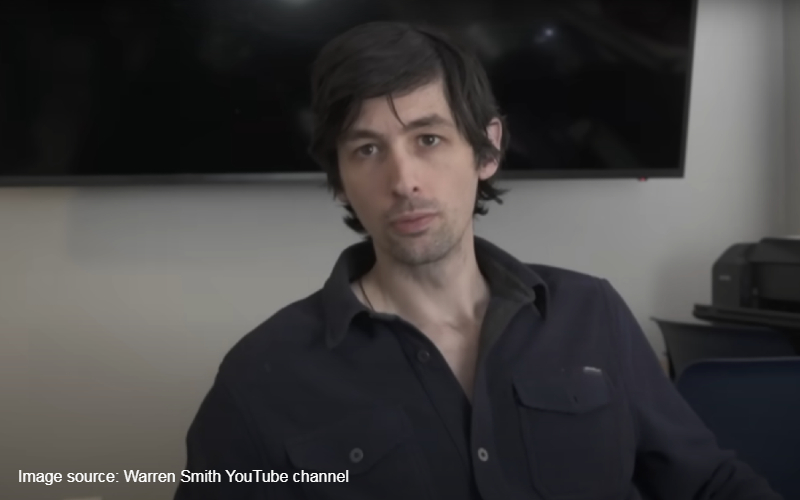It's already legal for students in the Sooner State – with parental approval – to exit the school yard and spend an hour up to three times a week tutored in the religion of their choice … provided there's no involvement by the school district.
The problem State Rep. Clay Staires is facing is that it hasn't been done much in Oklahoma and hasn't always been done right. His goal as the author of House Bill 1425 is to provide what he describes as "guardrails" for state schools that may want to pursue this, and to promote the existing law in the process.
"That is our hope," Staires, who represents an area in Northeast Oklahoma, said on Washington Watch Wednesday.
The Supreme Court's 1952 ruling in Zorach v. Clauson established that school districts can provide "release time" that allows students to receive off-site religious instruction. The Court held that the program, which had been implemented by the New York City Board of Education, did not violate the Establishment Clause of the First Amendment and did not amount to government endorsement or promotion of religion.

Staires explained that Oklahoma law already allows release time for students.
"The problem is there aren't any instructions or guardrails to show how to do that," he told show host Tony Perkins. "House Bill 1425 simply takes the instructions from the Supreme Court decision and puts that language in the Oklahoma state statute."
By law, the instruction must take place away from school property.
Educating constituents
Many of Staires' constituents who have raised eyebrows at the idea of religious instruction are unaware of the current law.
"Most of the conversations that I have with people who are resisting it start out with, 'Now Clay, do you really think we should be allowing students to be leaving school for religious education?' There's a misunderstanding in that first sentence," he said.
The potential for problems arises when a school seeks to implement the program without legal guidance.
"One school that did this did it inside the school and used a teacher – a public school teacher – for the instruction. That you can't do. Then you're going to run into some Establishment [Clause] problems and get a lawsuit," Staires said.
The Establishment Clause is a provision in the First Amendment that prohibits government from creating and sponsoring its own religion. It's a fundamental protection of religious freedom as it ensures that the government does not favor one religion over another or impose specific religion on its citizens.
The Establishment Clause has been scrutinized for decades with opponents of religion arguing that any mention of religion in a school or government setting constitutes government establishment or promotion of religion.
Protecting rights, staying clear of lawsuits
Staires says he's working to protect First Amendment rights and as well as parents' rights when it comes to the education of their children.
"I also want to make sure we protect our public schools by giving them the guidelines so they don't get sued," he concluded. "This is a wonderful bill for schools, it's a wonderful bill for parents, [and] it's a wonderful bill for Oklahoma."







